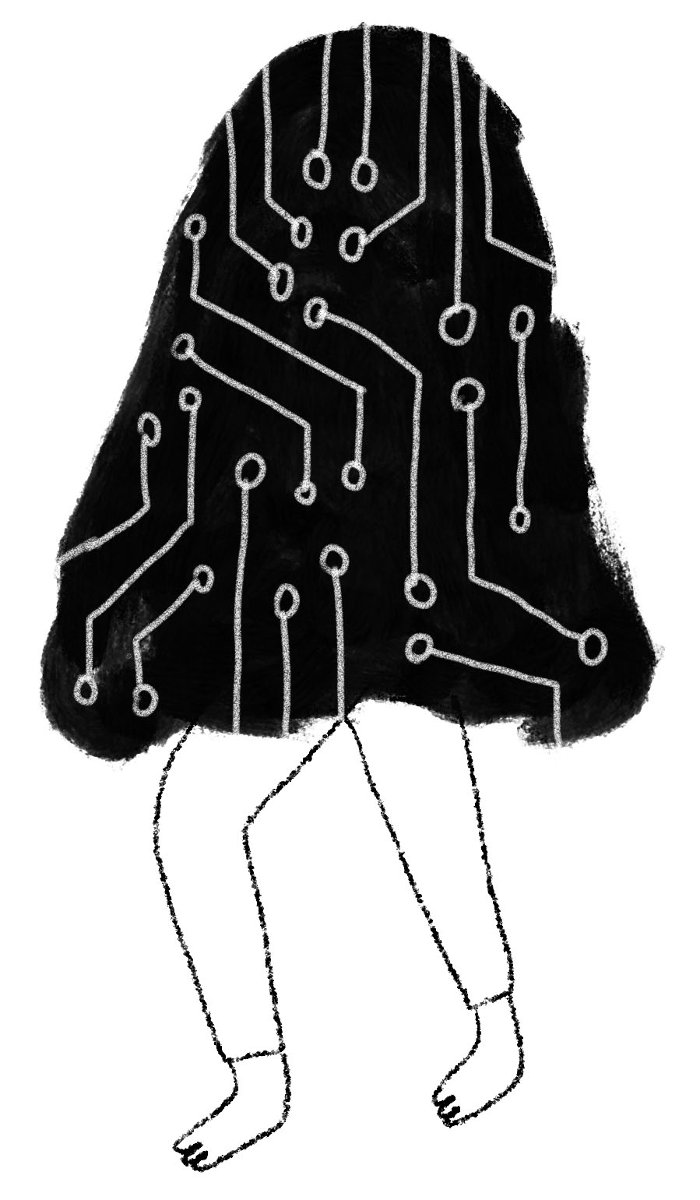Ofuscación


The work in progress presented by Alegría González-Planás (which already brings some signs of obfuscation in its name), addresses the side stories of the Terror Files. Exploring this type of documentary collection is a difficult and painful practice due to what this chapter implies historically and socially for Paraguayan memory. However, Alegría's approach is curious, since it does not explore the zones of national terror from the obviousness of the explicit, but through the materials that are usually obfuscated in institutional archives. It may be what Ann Cvetkovich calls “feeling files”, those made up of unusual, sensitive and emotional materials that, like the trauma itself, challenge conventional forms of documentation; or it may be that which is inaccessible due to its neutral proliferation.
Alegría González's investigation addresses the status of what has been compiled by the Truth and Justice Commission, organized with generic and apparently neutral names (R007F1560, R008F0074, R008F0075, R008F0227…), as a litany that the rhetoric of impartiality implements memory obfuscation operations.
What does R008F0074 or R008F0075 tell us about a historical, political and social process with subjective and identity implications? Probably little, and in this way the “Obfuscation” project invites us to ask questions about the nature of the archives, and how memory (or forgetfulness) is articulated through them.
As it happens in the network, sometimes the apparent neutrality, added to an enormous amount of possibilities (which are not so many alternatives but rather repetitions of the same thing), becomes erasure and enclave for blindness. Unusual explorations, unexpected inspections, a different archival process that questions and rethinks other forms of memory and with that, what it produces in reality.
Video about profile and process:


